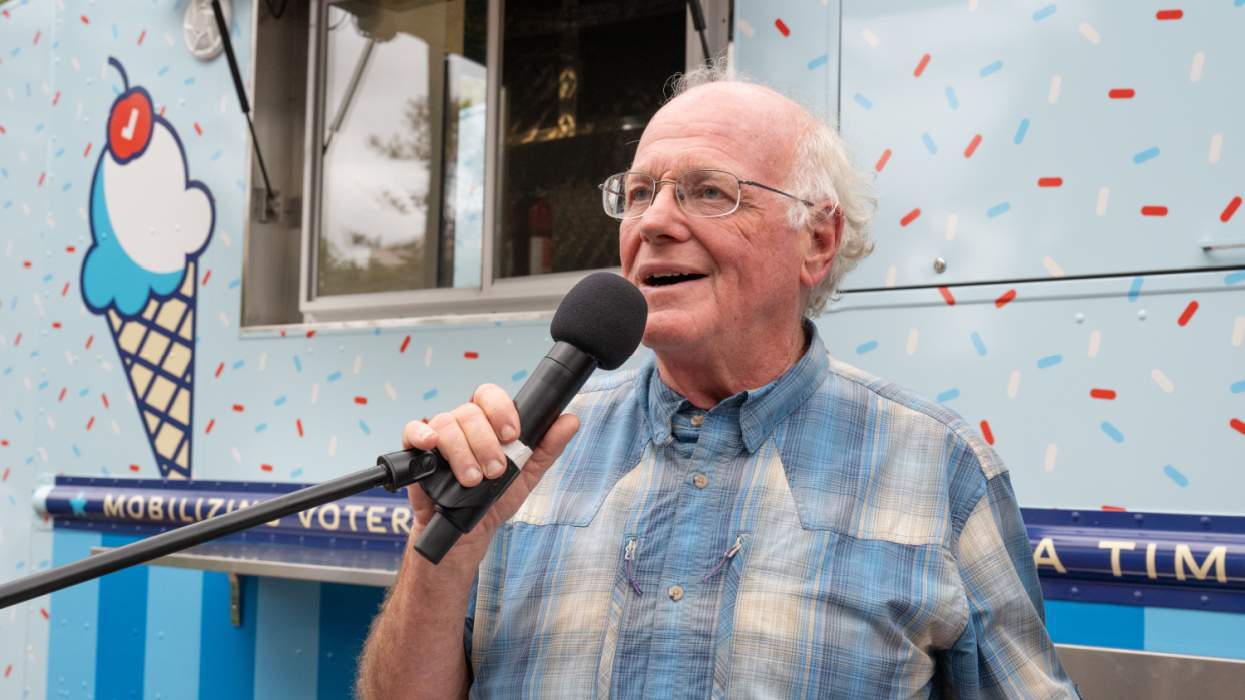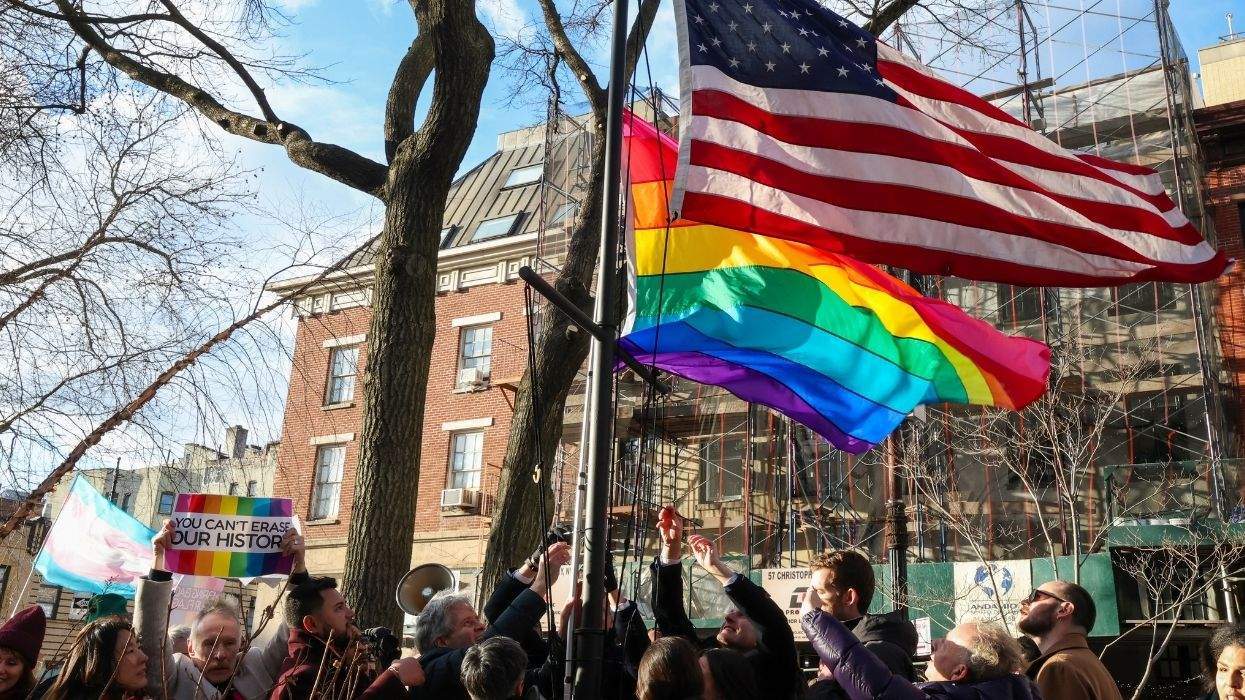Forty-nine members of the LGBT communities were gunned down at the Pulse nightclub in Orlando on June 12, 2016, and 53 more were wounded. This was the deadliest mass shooting in American history. It was also the largest mass killing of queer people in the United States. The only event to come close to the horror of Orlando is the arson at the UpStairs Lounge in New Orleans, which claimed 32 queer lives in the summer of 1973.
Understandably, this unspeakable tragedy has brought gun violence to the forefront of issues that are important to the LGBT communities. But exactly how those communities are affected by guns -- and how effectively proposed gun laws would protect those communities -- can be remarkably difficult to suss out.
The trouble begins with the Dickey Amendment, a small law tucked inside the 1996 federal government omnibus spending bill that made it so "none of the funds made available for injury prevention and control at the Centers for Disease Control and Prevention may be used to advocate or promote gun control." The Republican-controlled Congress then snipped $2.6 million out of the CDC's budget -- which was coincidently the same amount that had been allocated for firearms research the year before. The CDC took the hint and now, outside of broader violence surveys, rarely studies gun violence.
This is what we do know: Research done by Pew in 2013 found there was somewhere between 270 million and 310 million guns in this country. A 2013 estimate by The Washington Post placed the figure as high as 357 million. That's a gun for every human in America, with 37 million spares. And data released last year by the General Social Survey found that only 32% of American households owned firearms, down from a high of 54% in the late 1970s.
Those guns claim about 33,000, according to a national survey of injury and death conducted by the CDC. Two thirds of those deaths are a result of suicide. Homicide accounts for an additional 12,000 deaths a year. Despite their near ubiquity on cable news and legitimately disturbing frequency, mass shootings account for less than 2% of all gun deaths. Overall, firearm fatalities are down 31% from a high in the early '90s.
So how do LGBT communities fit in? Gender identity and sexual orientation are sporadically gathered data points, rarely collected in the context of gun violence outside of hate-crime statistics, which may not be the most reliable source. Multiple governmental surveys -- including a recent report from the Bureau of Justice Statistics -- have found that hate crimes are radically underreported and often go unrecorded by law enforcement.
According to the annual National Coalition of Anti-Violence Programs report on violence against lesbian, gay, bisexual, transgender, queer, and HIV-impacted communities (which relies on local community organizations in 11 states for its data) there were 24 "hate violence related" homicides in 2015. Of those murdered, the vast majority were non-gender-conforming people of color. Twelve were killed with guns.
Overall that's a 20% increase in hate-motivated homicide over the previous year, but that figure is probably more indicative of an increased willingness to report hate-motivated violence than a change in actual instances; the real number is certainly much higher. And it doesn't begin to take into account either domestic violence or suicide, which is a serious and sustained crisis among LGBT youth. Nor does it reflect non-fatal hate crimes involving guns.
So, would proposed gun legislation make queers any safer?
After the Pulse massacre, four bills were introduced in Congress: one would close the "gun show loophole" by requiring all gun purchasers to undergo a background check; one would mandate that law enforcement be notified if anyone on the terrorist watch list attempted to purchase arms from a licensed dealer; one would imbue the attorney general with the unchecked authority to deny guns to anyone if she had a "reasonable belief" they were a terrorist; and the last one would make it harder to deny guns to the mentally ill. All four bills failed. And none of them would have prevented the tragic events of June 12.
A renewal of the 1994 assault-weapons ban (which was allowed to lapse in 2004) would have prevented the sale of the high-capacity magazines, but probably not the sale of the Sig Sauer MCX that was used in the attack. The MCX didn't exist until 2015, but it has been likened to the AR-15, a weapon that did not fall under the scope of the ban. And anyway, about 70% of all firearm-related homicides are committed with a handgun -- like the one used the morning of July 31 to kill Teqnika Moultrie, a 30-year-old lesbian visiting Austin with her wife.
Life is remarkably dangerous for members of the LGBT communities -- especially those who are people of color or gender-nonconforming. Even without knowing exact numbers, it's not enough to enact "gun restrictions." We must demand policies that will actually save queer lives.















Charlie Kirk DID say stoning gay people was the 'perfect law' — and these other heinous quotes
These are some of his worst comments about LGBTQ+ people made by Charlie Kirk.